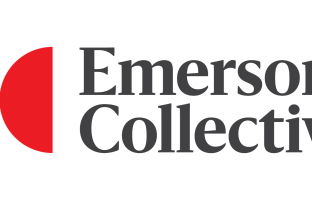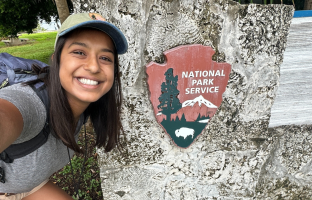At Duolingo, one of the main operating principles is “learners first.” To achieve that goal, Duolingo needs a product team who understands, empathizes with, and reflects their users, and this is exactly why they turn to Harvard Business School for recruiting.
Meet Duolingo
Founded in 2011, Duolingo is a popular language learning app and website that now serves over 500 million learners worldwide. Learners can access 30+ languages through bite-sized engaging lessons on a gamified platform making learning fun and accessible. The company is headquartered in Pittsburgh, Pennsylvania with offices in New York, Seattle, Beijing, and Berlin.
Duolingo has also been the summer home of HBS interns for the past seven years, specifically in the Product Management function. Senior University Recruiter Dalia Shehata shared with us why Duolingo is a recruiting partner at HBS, why HBS interns are an important part of their team, and how they manage their recruiting process.
The Duolingo and HBS Partnership
For Duolingo, the internship program is an important extension of the Product Management team.
“We’re a living, breathing company and every intern is fully embedded on a team here for three months,” said Shehata. That is why it’s particularly important that interns can come in and make an immediate impact, a skill Duolingo notices consistently with HBS students.
“HBS students come in and can hit the ground running, they don't need a lot of direction,” Shehata shared. “They're really hungry and motivated to get things going.”
Furthermore, Duolingo appreciates the varied backgrounds of HBS students. When building out their Product Management team, it’s important to the company that there are diverse perspectives in the room. The full-time team consists of those who have worked their way up a traditional Product Management route and others who come from a variety of different functions and industries, including software engineering, consulting, and business development. The interns mirror that diversity of experience.
“We want to make sure that our Product Managers reflect the actual users of Duolingo’s product. If we were to just hire Product Managers with tech backgrounds, we're going be just like every other app and that's not what we want to do,” Shehata shared. “Not every HBS student is the same and they bring a wealth of knowledge from before business school to their internship; that is really important.”
The Duolingo Recruiting Process
To find interns who will both hit the ground running and challenge the status quo with new ideas and perspective, each year Duolingo sets up a recruiting process to connect with HBS students.
Their recruiting process kicks off at HBS with a virtual event to invite students to learn more about the company and summer internship opportunities. From there, students are invited to apply and applications are reviewed by Shehata and a team of Product Managers. Selected applicants are then asked to complete a work task.
“We felt that phone screens were not giving us a signal if candidates would be successful at the actual work at hand,” Shehata said. “For many candidates, this is their first real go at Product Management because we get students who have come from different backgrounds. This task gives applicants a good first taste of the product world.”
A sample task might include picking a specific feature on a Duolingo app and walking through what you would change, what analytics you’d be tracking, and what would be the product road map. As Shehata noted, this is a high-level product management project to test how a student would approach this work.
The final stage is a set of five interviews on product, design, analytics, strategy, and team fit.
Setting Interns Up for Success
Students who are invited to join the team as interns at Duolingo are matched up with projects based on two main considerations: student interest and team needs.
By not preselecting which projects interns will contribute to over the summer, Duolingo finds that they can set interns up for success by first understanding their specific areas of interest. Additionally, as the company grows and evolves, its product needs change. Company priorities will dictate where there is a need for a fresh perspective and additional support, so choosing projects closer to an intern’s start date allows students to have hands-on experience with high impact product decisions.
“We love having interns,” Shehata shared. “They come in with new ideas and are able to push back. They think outside of the box and can be disruptors, in a good way.” And for a company committed to making language education universally accessible, that good kind of disruption is a powerful way to make it happen.







